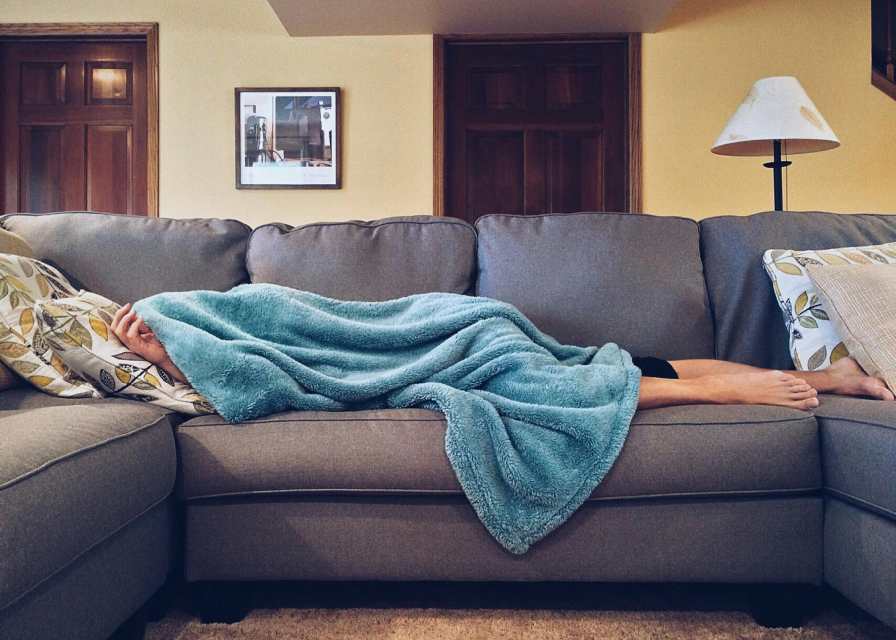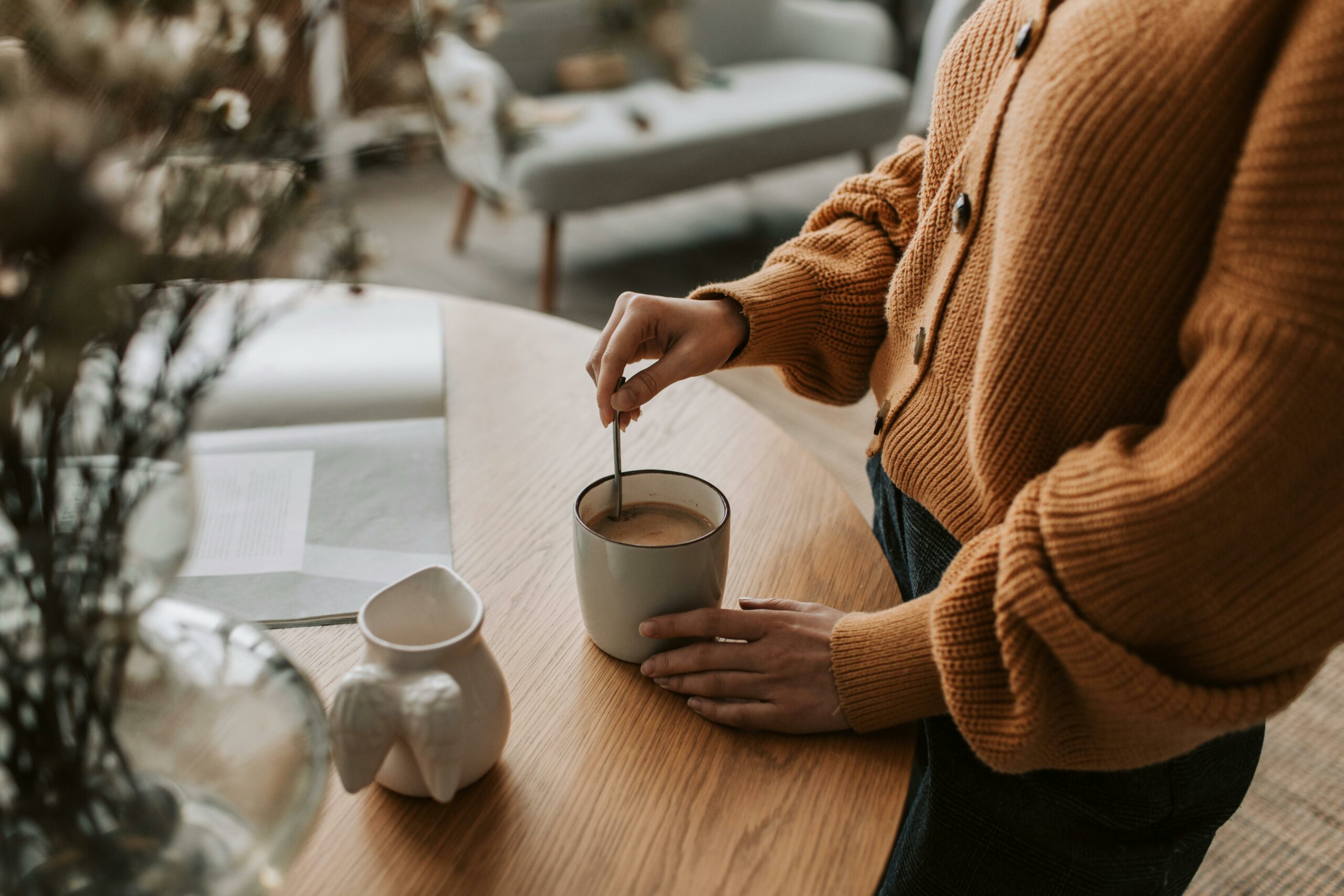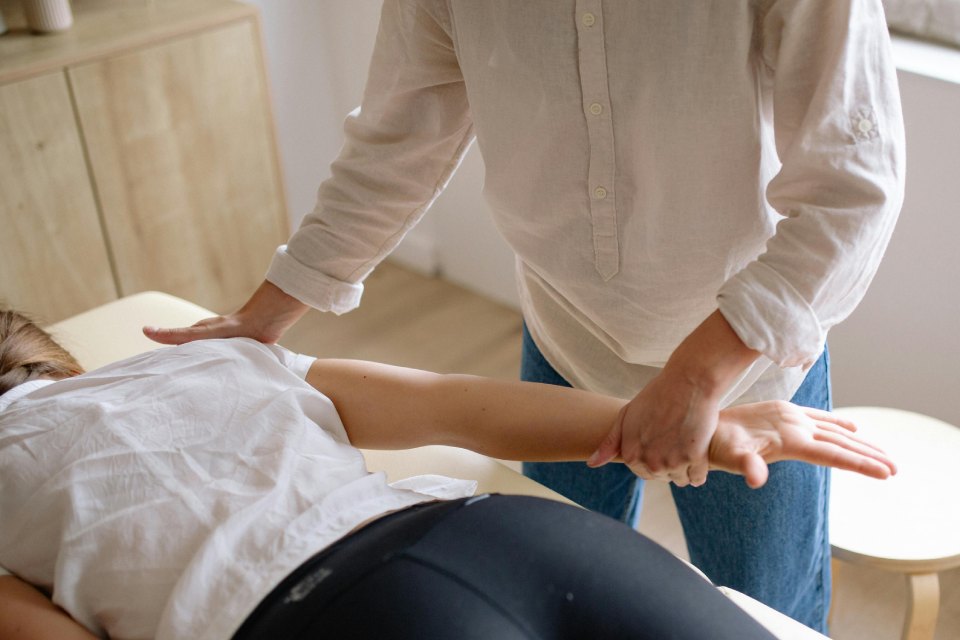Oxford Partnership predicts that drinkers will quaff up to 52.8 million pints of draught beer and cider across the May bank holiday weekend. This boozy bank holiday could lead to a ‘jet lag’ in over 33 million Brits, who are predicted to be drinking this weekend. Mattress Online’s sleep expert, James Wilson – otherwise known as ‘The Sleep Geek’ – talks about how the bank holiday impact our sleep schedules. His insight on how to reclaim your circadian rhythm and whip your sleep schedule back into shape after a particularly spirited weekend…
With the absence of morning commitments over the weekend, altered schedules and shifted circadian rhythms, many Brits are set to see a disruption to the body’s natural sleep patterns, exacerbating the effects of a ‘jet lag’, which can impair people’s moods and mental capacities upon returning to work.
So, just like with jet lag from travelling across time zones, it can take several days to recover from the negative effects of sleep loss. This can result in poor sleep quality, difficulty falling asleep or waking up at our usual time, and feelings of fatigue and grogginess during the day.
Whilst it may take some time for the body to readjust to its normal sleep-wake cycle once the weekend is over, regular and consistent sleep deprivation increases the risk of diabetes, hypertension, heart disease, and stroke, so make sure to stick to a set schedule as much as possible.
The Centers for Disease Control and Prevention recommends at least seven hours of sleep per night.
Drinking over bank holiday impact our sleep schedules
Scientific research by the National Library of Medicine found a link between higher rates of alcohol consumption and prolonged inconsistent sleep schedules. Due to alcohol acting as a central nervous system depressant, you might feel drowsy and fall asleep faster than usual after a night of drinking.
But whilst alcohol may initially help you fall asleep faster, it can also reduce REM (rapid eye movement) sleep, which can impair your cognitive processes, leading to difficulties in concentration, emotional regulation and irritability.
So, even if you’ve had a few too many cocktails over the weekend and managed to catch some Z’s, you could acquire a ‘sleep debt’ upon returning to work on Tuesday. Similar to a feeling of jet lag, you might find it harder to stay alert and focused during the day. Tasks that were once easy may become more challenging, and your overall productivity and performance may suffer.
James Wilson, The Sleep Geek, provided his insight on how the bank holiday weekend could disrupt your sleep cycle:“Alcohol does not help you sleep, it sedates, it knocks you out, but it does not induce sleep.
“You may find you sleep longer after drinking alcohol, but even then it is likely you still feel the after effects of the alcohol, particularly if you’ve had quite a few drinks.”
How to avoid ‘bank holiday jet lag’ this May
Limit light exposure at night:
Keep your bedroom cool, dark, and quiet. Longer daylight hours as we head into summer means more exposure to natural light in the evenings, which can suppress the production of melatonin, the hormone that regulates sleep, making it more difficult to fall asleep.
Limit exposure to artificial light sources, such as smartphones, tablets, and computers at least an hour before bedtime. Dim the lights in your home in the evening to signal to your body that it’s time to wind down, and consider investing in blackout curtains to block out external light sources in your bedroom.
Don’t give in to the bank holiday lie in:
Your body may demand more sleep to make up for the deficit and you might find yourself wanting to sleep in, which is your body’s way of trying to repay the sleep debt. Try to keep your sleep schedule consistent, and wake up at the time you usually do.
“Whatever you do before a boozy night, you are still more than likely going to feel lethargic and tired the next day. However, you could have a short power nap, preferably before 2pm and for less than 30 minutes, which will allow your body and mind to rest and rejuvenate.”
Stay hydrated:
For every alcoholic drink, pair it with a non-alcoholic drink. Try to keep yourself hydrated and sip your drinks slowly.
James Wilson at Mattress Online adds:
“Some people also take magnesium, some might drink a glass of water before bed, which can be helpful as it helps rehydration, although this may cause you to need the toilet more in the night, and some people might try a drink with added electrolytes, such as coconut water.”
An interesting study on what age do we sleep best found 24 year old to sleep best.










